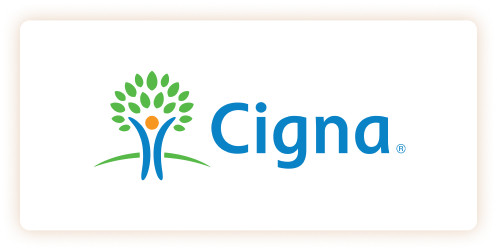Science-based approach to healing your relationship with food and cutting the binge-restrict cycle.
Science-based approach to healing your relationship with food and cutting the binge-restrict cycle.


Gain peace of mind and enjoy eating without guilt, obsessive thoughts about food, dieting & body image.

Develop a healthier relationship with your body, focusing on self-acceptance.

Achieve a balanced and sustainable way of eating that supports your long-term well-being.

Learn how to enjoy your favorite foods without guilt, shame or eating to the point of discomfort.
We are in-network with most major insurance plans, like Aetna, Cigna, United Healthcare, Anthem Blue Cross Blue Shield, and Empire Plan.




Your nutritional counseling sessions might be partially or completely covered
Price
$450
Whats Included
Most popular
Price
$680
Whats Included
Price
$880
Whats Included

Working with Danielle has been a transformative experience. Struggling with disordered eating and body image issues for years, I felt trapped in an unhealthy cycle. Danielle’s compassionate and knowledgeable approach not only helped me understand the importance of balanced nutrition but also guided me toward a healthier relationship with food and my body. Her personalized advice and unwavering support have been instrumental in my recovery. Thanks to Danielle, I now enjoy a balance and a more positive outlook on life.
As someone who has cycled through many attempts at traditional dieting, Danielle’s approach to nutrition was refreshing and empowering. Her clinical expertise has not only supported my nutrition goals but has also guided me in uncovering crucial information about my health.
Binge Eating Disorder (BED) is a clinical diagnosis involving recurrent episodes of eating large amounts of food with a sense of loss of control, often to the point of discomfort, and followed by feelings of shame or guilt. Emotional eating, on the other hand, is eating in response to emotions, such as stress or sadness, without necessarily experiencing a full binge episode or a sense of loss of control.
Yes! Nutrition counseling provides evidence-based strategies such as structured eating, personalized nutrition plans, and mindful eating techniques, which are highly effective in breaking the binge-restrict cycle and reducing binge episodes.
No. Our approach focuses on balanced, flexible eating without rigid rules or restrictions. The goal is to foster a sustainable relationship with food, reducing triggers for binge eating.
Recovery timelines vary by individual. Many clients experience improvements within weeks, but long-term healing involves consistently building healthier eating habits, addressing emotional triggers, and developing new coping strategies.
In many cases, nutrition counseling for binge eating disorders is covered by insurance. We will help you navigate your insurance benefits to maximize your coverage.
Mindful eating involves being present and attuned to your body's hunger and fullness signals. This approach helps reduce impulsive eating and binge episodes by fostering greater awareness and control around food choices.
Absolutely. Chronic dieting often contributes to binge eating cycles. Our approach addresses underlying causes, helps stabilize your eating patterns, and replaces dieting habits with sustainable, balanced nutrition practices.
Yes. We collaborate closely with therapists, physicians, psychiatrists, and other healthcare professionals to provide comprehensive support tailored to your individual needs.
Our initial evaluation involves thoroughly assessing your physical health, eating behaviors, psychological well-being, hormonal balance, and lifestyle factors. This comprehensive assessment helps us create a personalized treatment plan tailored specifically for you.
Many clients experience a noticeable reduction in binge episodes, emotional distress, and food anxiety within the first several weeks. Long-term results require consistency, which we support through ongoing guidance and regular check-ins.
Yes. One of our key goals is to help you regain a positive, balanced relationship with food, allowing you to enjoy all foods—without guilt, restriction, or loss of control.